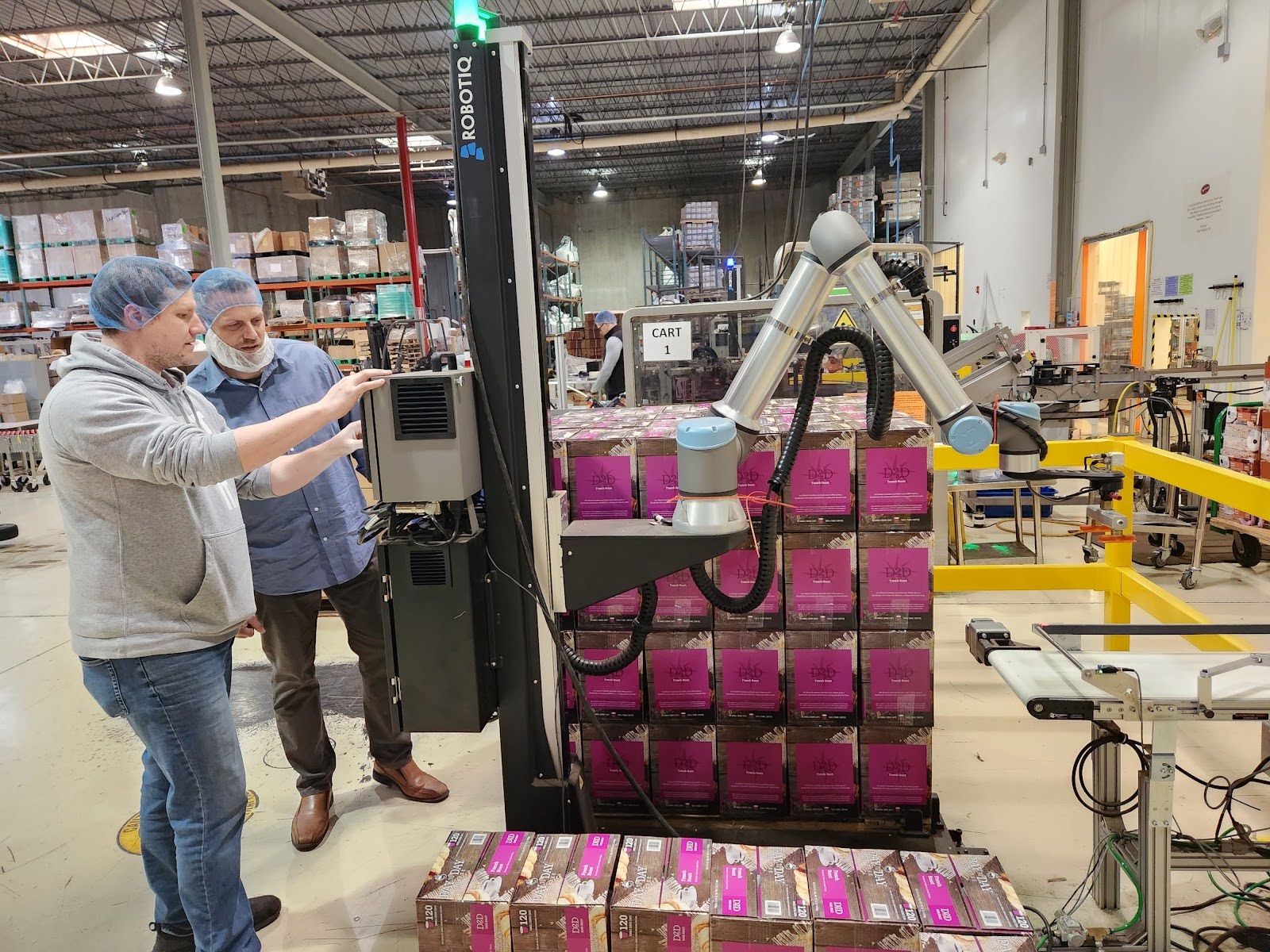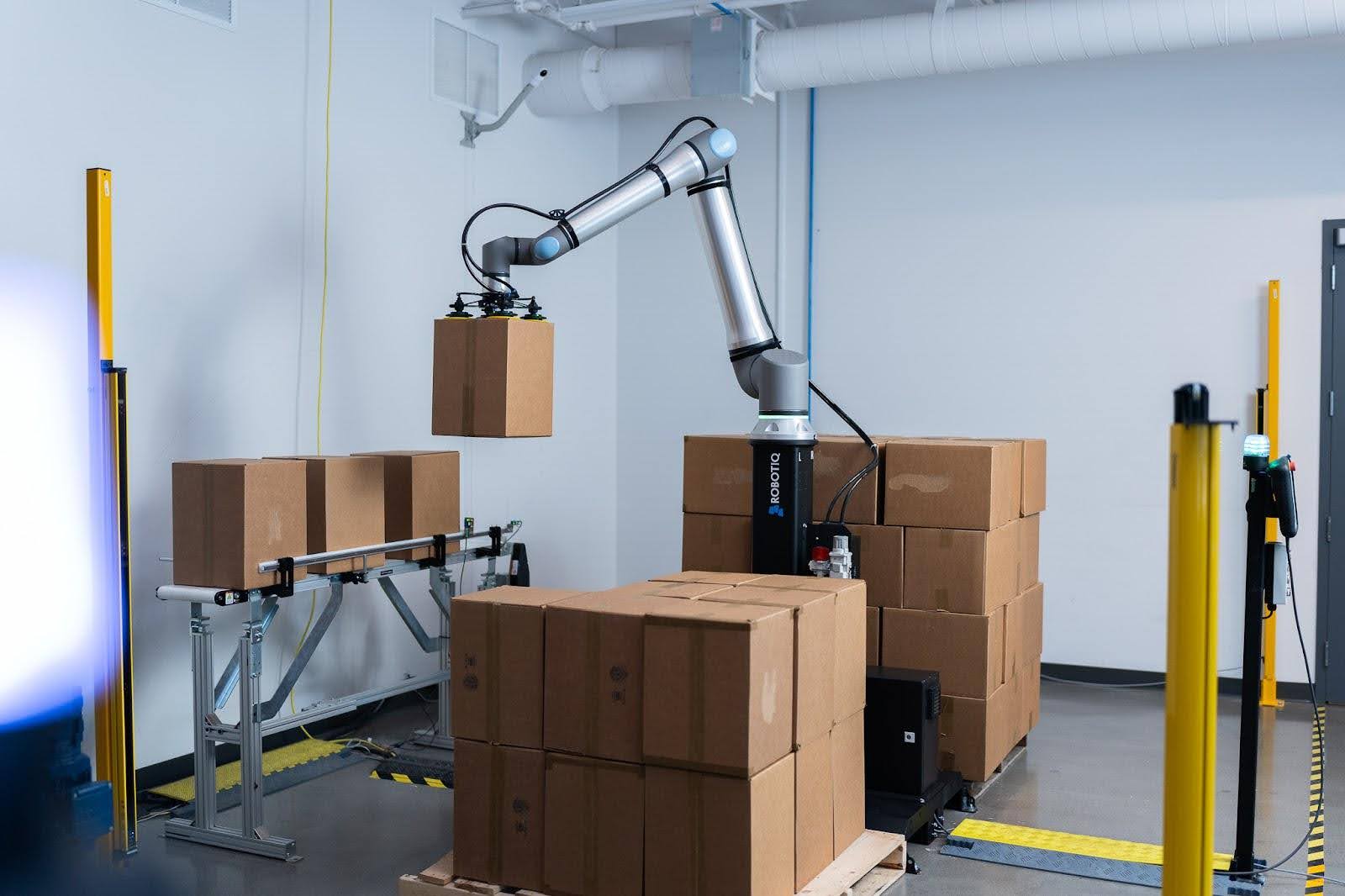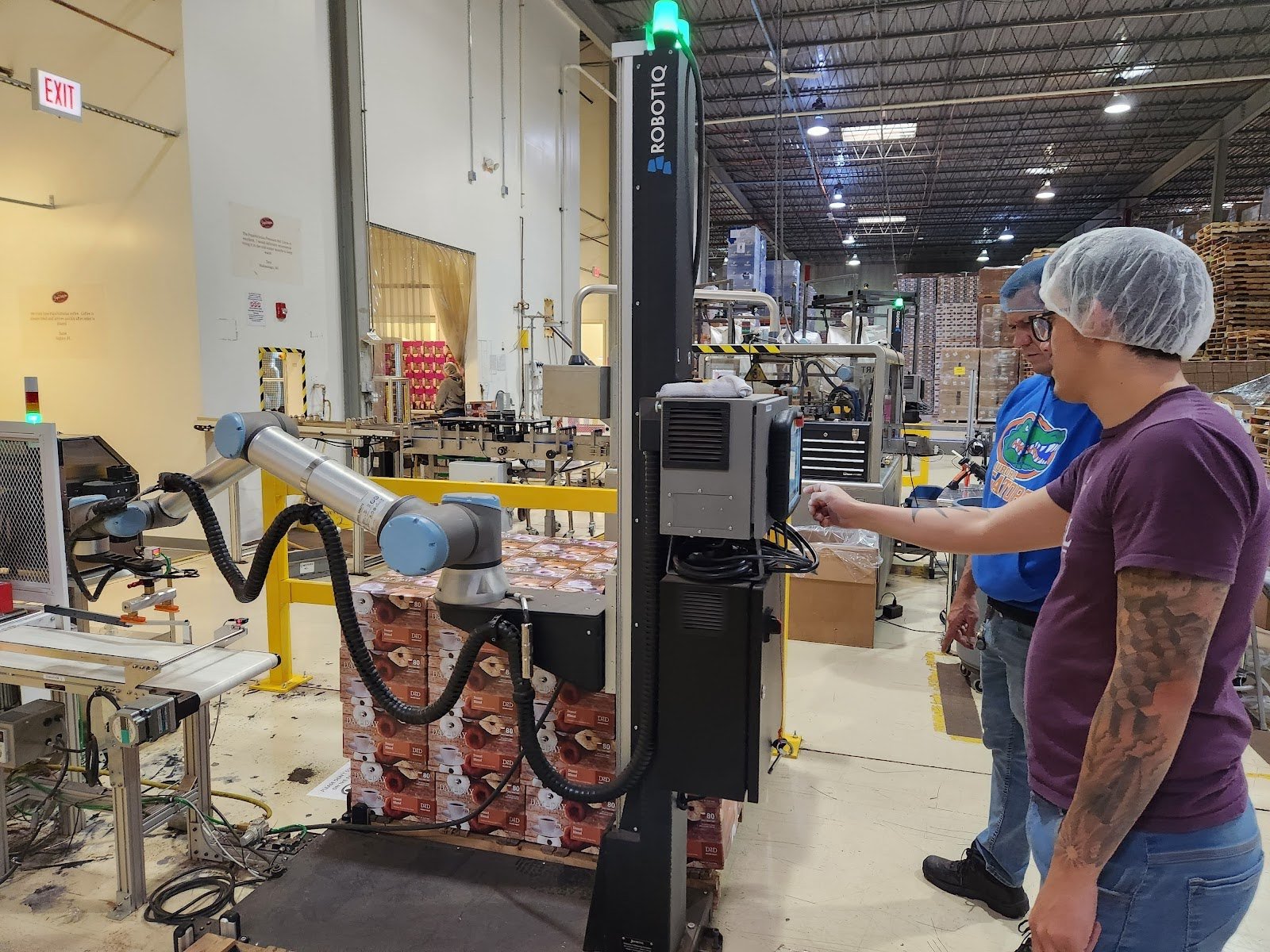Increasing Productivity in Manufacturing: Quality Control

Posted on Sep 05, 2016 7:00 AM. 2 min read time
 Quality control is another factor that you want to look at when analyzing productivity in your plant. I would say that there are two aspects to this factor. You’ll want to increase productivity by speeding up production, all the while using fewer inputs. However you have to be careful not to create quality issues when you speed up your production.
Quality control is another factor that you want to look at when analyzing productivity in your plant. I would say that there are two aspects to this factor. You’ll want to increase productivity by speeding up production, all the while using fewer inputs. However you have to be careful not to create quality issues when you speed up your production.
Make sure to keep track of defects so you can work on the problems that have the most impact on your production; those are not necessarily the problems that are the most visible.
So if you are changing suppliers or some components, make sure that the new ones are just as good as the ones you had before. Also be careful when putting pressure on manual labor to produce more. This may create some tensions within the company and actually lead to lower productivity rather than faster production. The other aspect to quality control and productivity is that to perform quality control along the production chain takes time.
Going overboard on quality is just as bad as not doing enough: you’re not adding value to your production. You may need to scrap some products for quality testing or you may have some employees working full time just on quality control. The good news is that by automating some tasks you should get better quality control, because if there is one thing everyone can agree on, it is that robots are good at doing repetitive tasks. So there will be no need to spend as much time inspecting for quality.
 For example, let’s say you have a glue application in the manufacturing of your product and let’s first assume that the glue is applied manually by an operator. You may have someone testing 1 part out of 50 to see if the glued product meets your standard. The test might be to pull on both parts and measure the force it takes to break the glued link. So you have to scrap 1 part out of every 50... and because this is done manually there is still a risk that some inconsistencies will show up in the rest of the batch. If you robotize the glue application however, since robots are so repetitive, you could increase your batch testing to let’s say 1 product out of 200 or 1 product per glue container. This would reduce your scrap while still maintaining your quality control.
For example, let’s say you have a glue application in the manufacturing of your product and let’s first assume that the glue is applied manually by an operator. You may have someone testing 1 part out of 50 to see if the glued product meets your standard. The test might be to pull on both parts and measure the force it takes to break the glued link. So you have to scrap 1 part out of every 50... and because this is done manually there is still a risk that some inconsistencies will show up in the rest of the batch. If you robotize the glue application however, since robots are so repetitive, you could increase your batch testing to let’s say 1 product out of 200 or 1 product per glue container. This would reduce your scrap while still maintaining your quality control.
Furthermore, because of the repeatability of the robotic process, the chances of some parts failing between batch testing is reduced. Also there might be some data that would be accessible through the robot that would allow you to flag potential errors, like a glue level alarm or a low glue flow alarm and so on. You can probably also flag when a quality test needs to be done after a certain number of cycles performed by the robot. This way you can test both for the quality of the glue and the accuracy of the robot.
Read more about optimizing productivity in our eBook: Optimizing the Productivity of Existing Equipment.







Leave a comment